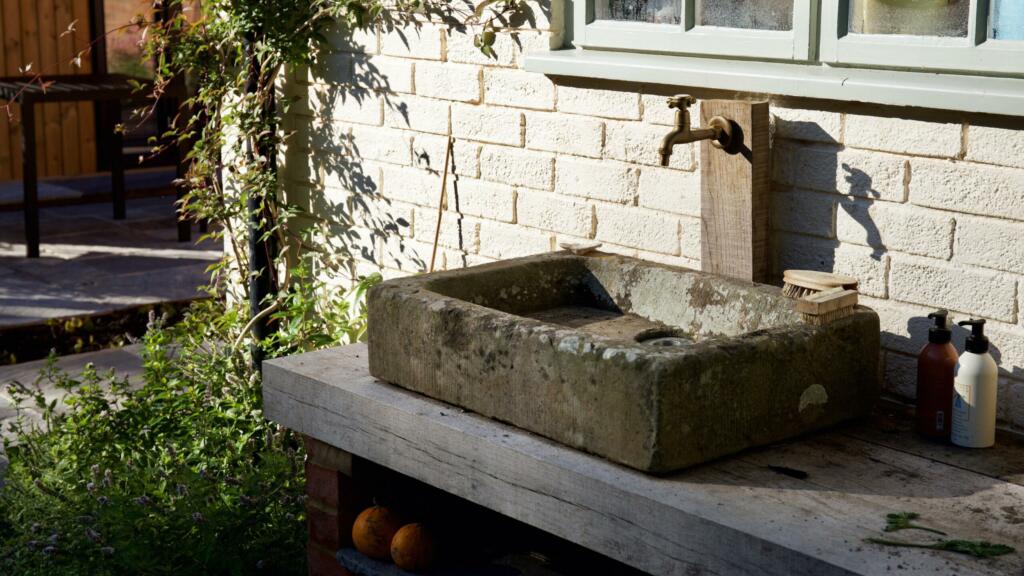
7 benefits of healthy eating – and easy ways to reap them
Gemma Harris
 Credit: Jonathan Hordle
Credit: Jonathan Hordle The chef is celebrating the 40th anniversary of his double-Michelin-star restaurant Le Manoir aux Quat’Saisons, and he’s still as passionate about produce as ever.
Raymond Blanc was just seven when his father forced him to eat soil.
“My father made me do it – and you never said no to Papa,” he tells our Saga Magazine. “He took a big clump of earth, shiny and black, and said, ‘Taste it’. So I tasted the earth! It was incredible because there were thousands of flavours – acid, bitter, sour, musty… it was gritty, and sucked the mouth dry.
“Years later, I said to Papa, ‘OK, I understand why you made me look at the earth, but why did you make me taste it?’ He told me it was a joke – this was his sense of humour. But I also learned from it and understood that in a handful of earth you have as many micro-elements as the whole population on Earth. That’s how complex and beautiful soil is.”
Now Blanc is one of the world’s most respected chefs and the chef patron of the hotel and two Michelin star restaurant Le Manoir aux Quat’Saisons, in Oxfordshire.
But he says the culinary principles of his restaurant and gardens originate from his humble upbringing. Blanc was one of five children growing up in post-war rural France, in a home where raising your own food was a matter of survival.
“The garden at the heart of Le Manoir comes from my childhood,” he explains. “We were peasants, growing and making everything for ourselves. Back then, we didn’t use the word organic, but we did it naturally, growing without fungicides, herbicides.
“It was just earth, good compost and knowledge. That’s what I brought here, with the values my mum taught me – of no waste, of respect for food and for the garden.”
 Credit: Jonathan Hordle
Credit: Jonathan Hordle“For me, the variety is more important than the soil,” he says. “My mum would never say, ‘Get me some potatoes’, it would be, ‘Get me some Ratte’, for a salad, or ‘some Maris Piper’, for French fries. You knew what you’d be eating by the variety.
“Soil is important, bringing the strength, the nutrients, but even in bad soil, the best varieties give you a better taste.”
Blanc is vice-president of charity Garden Organic, which promotes organic methods as well as saving heritage and local varieties of vegetable seed at risk of being lost.
Its Heritage Seed Library has collected and shared with members more than 800 types of veg and fruit, unavailable commercially but full of flavour and often adapted to difficult conditions.
It relies on dedicated “seed guardians” to grow and create more seed stock, so Blanc has established Le Manoir as one, protecting dozens of rare varieties of vegetable that guests can see growing in the gardens and learn about through his gardening school.
“It is vital we grow organically, but we must also have fruit and vegetables that provide extraordinary colours, textures and flavours,” he says. “It’s what makes the Heritage Seed Library so wonderful, saving varieties that might otherwise be lost.”

This article first appeared in the February 2024 issue of Saga Magazine

Gemma Harris

Rosanna Spence

Rosanna Spence

Hannah Verdier